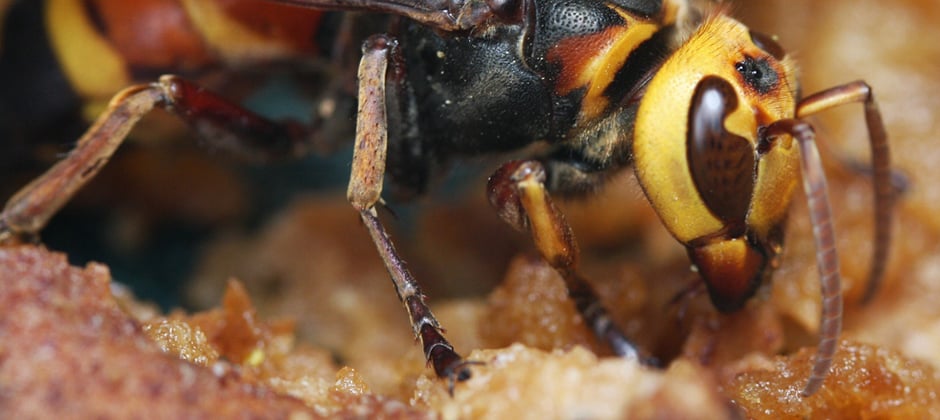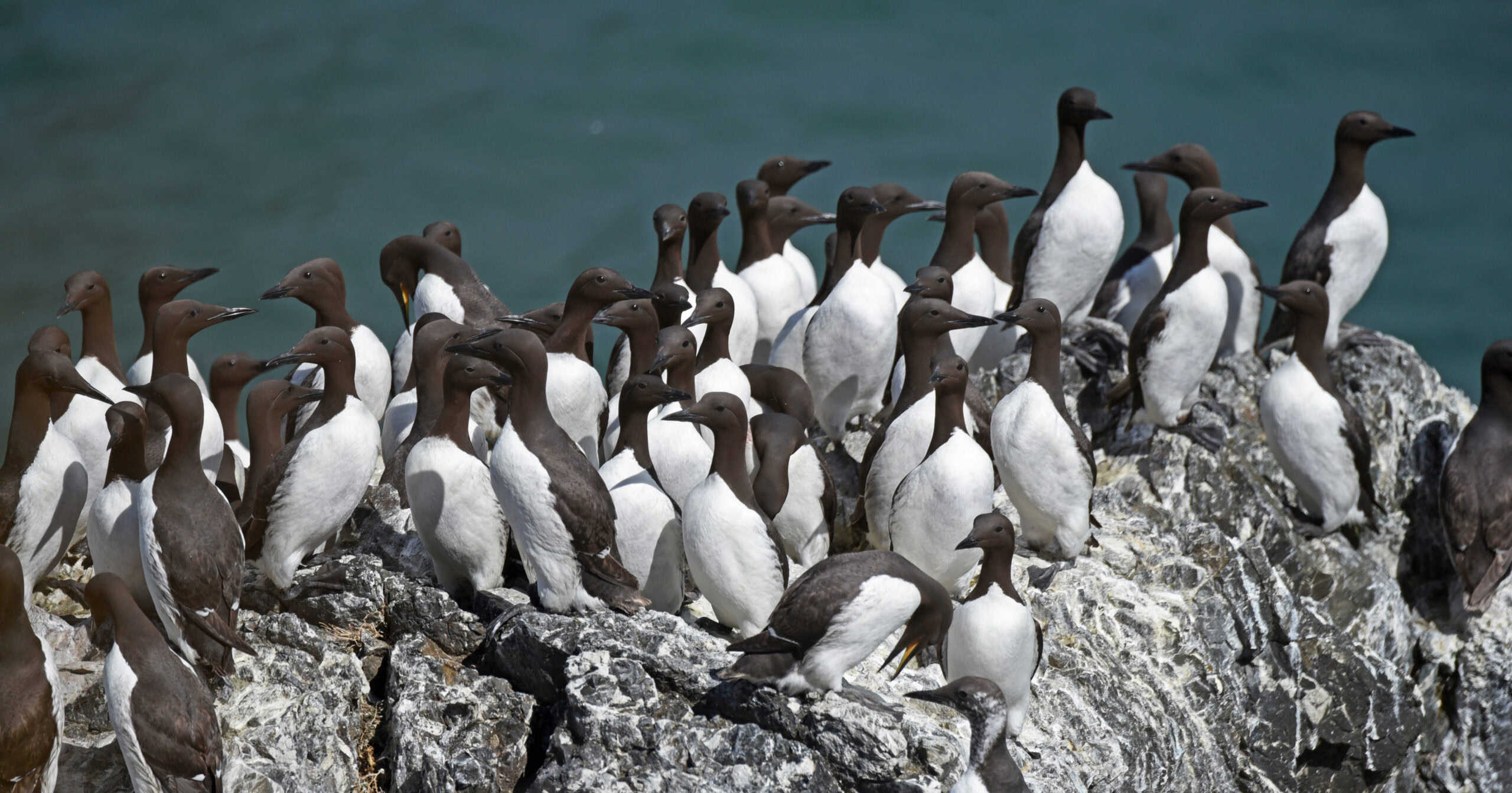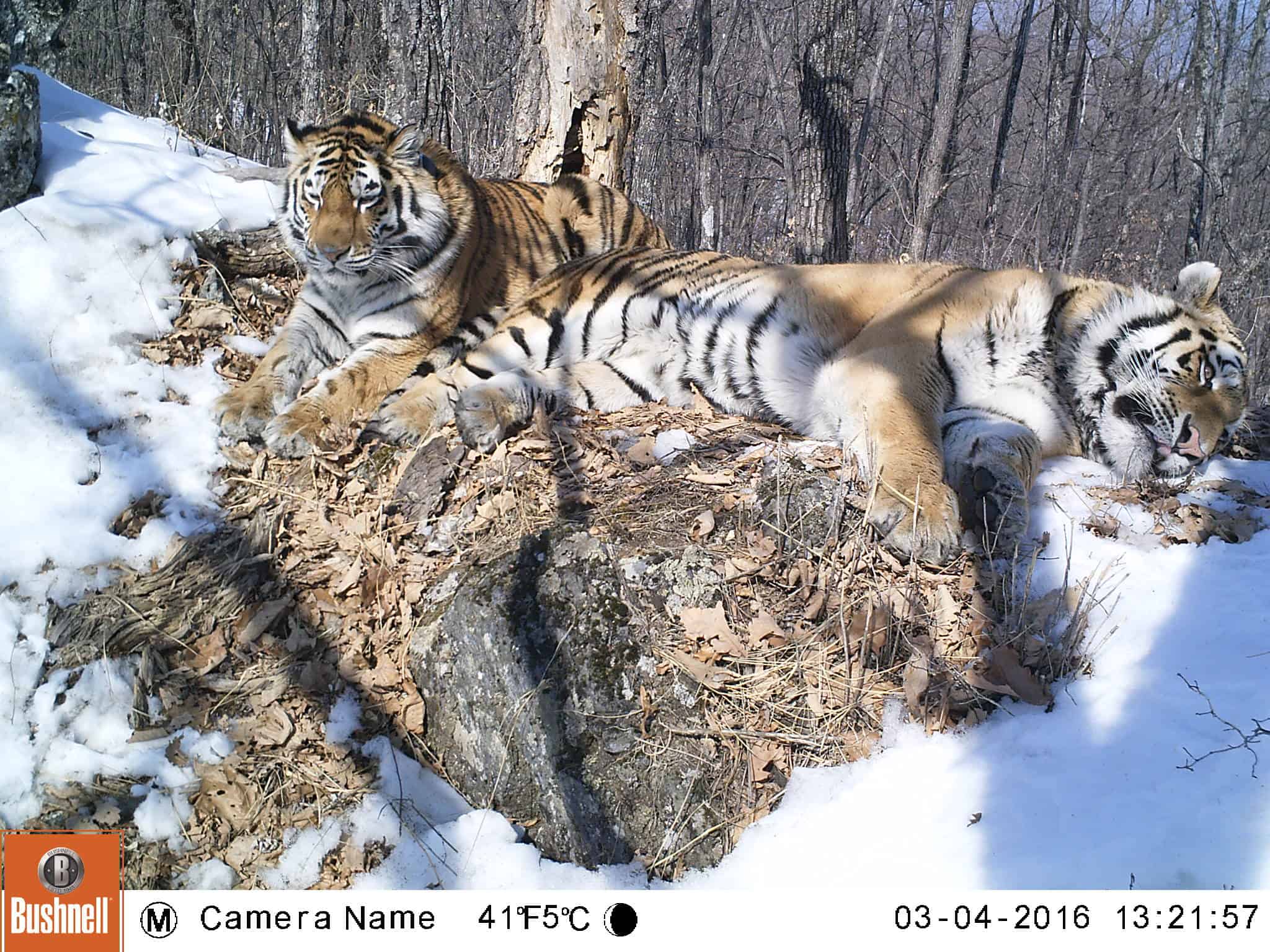Share this article
‘Murder hornet’ poses risk to native bees, honeybees
Ever since the New York Times reported on the arrival of the Asian giant hornet (Vespa mandarinia) in North America, alarms have been sounding about the so-called “murder hornet.” So far it’s only been spotted in Washington State and Vancouver Island, but it’s raising concerns about spreading and impacting bees across the continent, which are already struggling. The hornet’s nickname comes from its unusual method of hunting bees in groups in what’s known as “the slaughter and occupation phase.”
Biologists are concerned about the impact to honeybees (Apis mellifera) and their contribution to agriculture. But they’re also concerned about native bees. “Even assuming experts find a way to protect honeybees and beekeepers, if V. mandarinia is not eradicated, then wild honey bees and other social insects — such as bumblebees, which have no defenses — will be on their own against a fierce new predator,” wrote Scientific American.
The arrival of this invasive insect calls for action, University of Maryland Professor Emeritus Michael J. Raupp told Maryland Today.
“The key element now— and this has a very strong analogy to our current situation with COVID — is boots on the ground, eyes on the field,” he said. “The folks at the Washington State Department of Agriculture are doing a great job right now with their response. It involves setting up trapping devices as well as a citizen science project to help people locate and identify these wasps. There’s also an effort to let beekeepers know what to look out for. If they’re found, a response team will go out and destroy these colonies.
“More broadly, there has to be a change. We have seen the problem over and over again — the emerald ash borer killing millions of trees, the brown marmorated stink bug despoiling crops and getting into our houses. In my opinion, what this calls for is tightening up regulations on things like how many shipping containers are inspected either before they leave the port or after they arrive to try to eliminate the entry of invasive species into our country.”
Header Image:
The arrival of the Asian giant hornet to North America is raising concerns about impacts to bees.
©Thomas Brown








